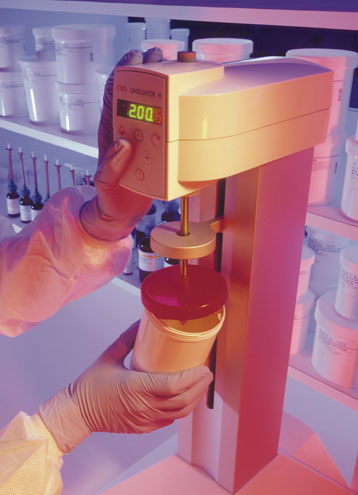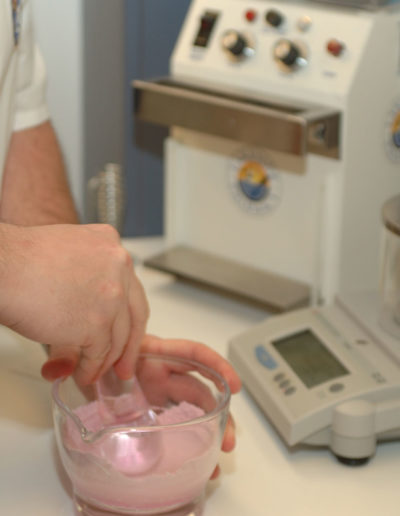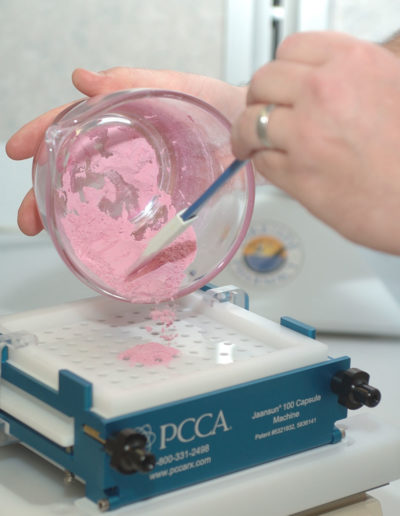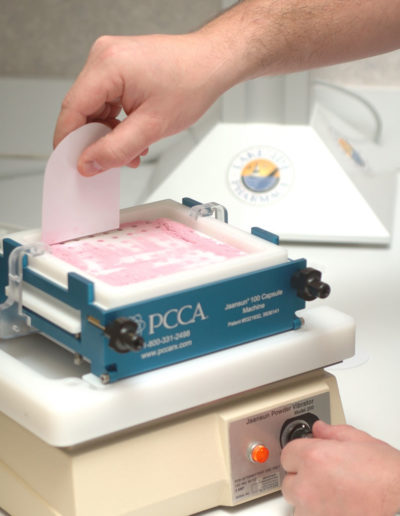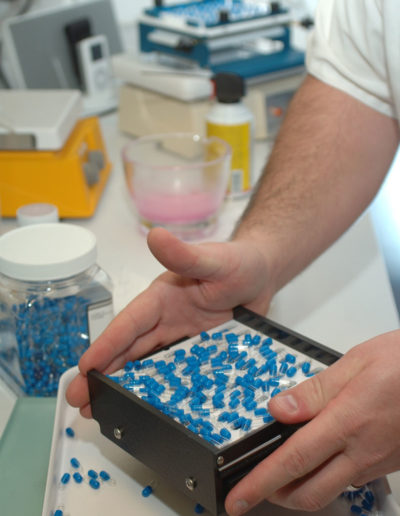Why Compound a Prescription?
Today, there are limited chemical forms, dosage forms, strengths, flavors and packaging available for the physician to prescribe and the pharmacist to dispense. Compounding allows the physician to prescribe a custom-tailored medication that is not available commercially. Compounding pharmacists can compound suspensions, tinctures, creams, ointments, gels, troches (lozenges), capsules, triturates (sublingual tablets), lollipops, injections, suppositories, urethral inserts, transdermals, lip balms and much more. Common Reasons for using Compounded medications:
Natural Products
There is a growing need for natural products. Pharmacists can help fill that need by compounding pure, natural products in a variety of dosage forms. Natural products are not “patentable” by manufacturers. Patentable usually suggests “artificial” or not found in nature. A substance that occurs somewhere in nature cannot be patented.
Known Allergies
When manufacturers market products, they do so in strengths, forms and flavors that typically appeal to the majority of the population. However some people don’t fit the typical mold. Commercial preparations may contain flavors, dyes, preservatives, lactose and other excipients. Compounding pharmacists can prepare medications that are free of any material to which a patient is known to be allergic, or in flavors that people like and mask unpleasant aftertastes. This can increase the therapeutic options and improve compliance.
Dose Unavailable
Dosage calculations tell us the best dose for a particular patient. However, commercially prepared medications are frequently unavailable in the strength that is most appropriate. Compounding allows the medication to be prepared in the best dose for the patient. The patient doesn’t have to take too much medicine, which is wasteful and could cause adverse effects, or too little medicine, which may be ineffective.
Dosage Form Unavailable
Medicines often are available only in tablets or capsules. Yet infants, elderly, and individuals that have difficulty swallowing may need a liquid, suppository, troche, lollipop, transdermal preparation or other dosage form.
Unpleasant Taste
Many pediatric and elderly patients are non-compliant because their medications are bitter, but become compliant when the medication is flavored to their liking. Compounding pharmacists can mask unpleasant tasting medications by adding a variety of flavors.
Commercially Unavailable Product
Pharmaceutical companies may discontinue an effective medication due to decreased utilization; however, there are often patients for whom that product provided the best remedy. With a physician’s prescription, a pharmacist can often compound commercially unavailable medications using pharmaceutical-grade chemicals containing the same active ingredients.
Inconvenient To Use
A patient may have a problem that does not respond optimally to a single-ingredient prescription. Using multiple medications from separate containers tends to be inconvenient, costly and confusing to the patient. Compounding pharmacists can combine the needed concentrations of multiple medications into a single cream, injection, suspension, etc. for easier administration.
Compounding pharmacists can also help your pets
Sometimes you just can’t fool your pet. People often hide medications in their pet’s food, but this does not always work. Often the pet will eat right around the medication. Compounding pharmacists can compound tasty suspensions in flavors your pets will devour, like tuna, liver, fish, sardines, beef and more.

